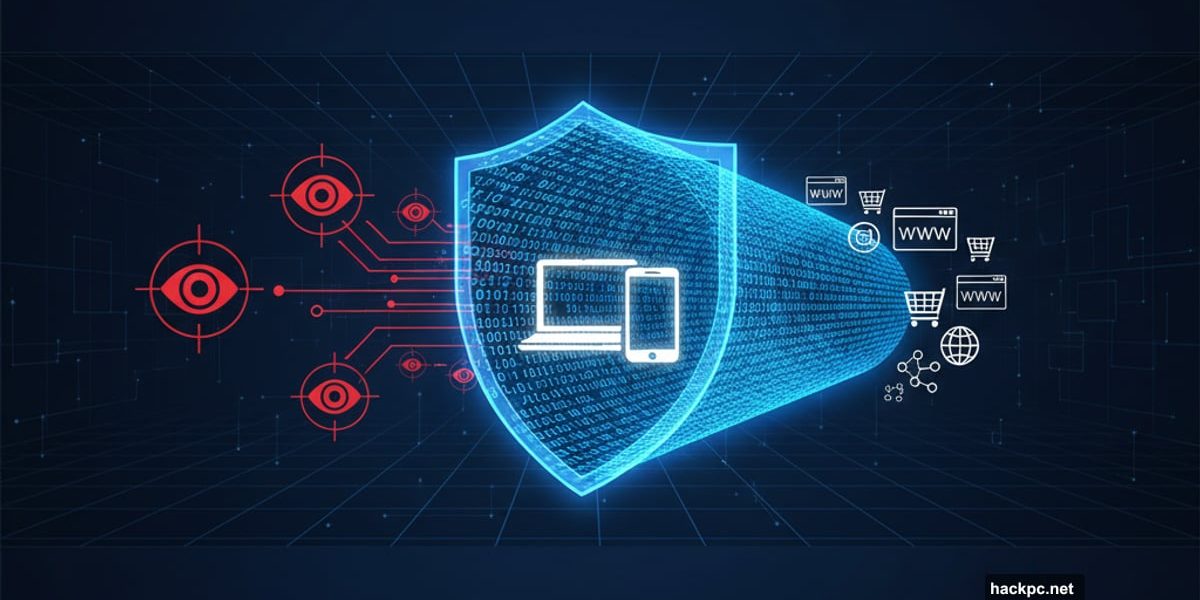
Your internet provider tracks every site you visit. Then they sell that data for profit.
Sounds shady? It is. But a VPN stops this cold. Plus, it unlocks streaming content from other countries and protects you on sketchy public Wi-Fi. Let’s break down what VPNs really do and why you might need one.
What a VPN Actually Does
Think of a VPN as a secure tunnel between your device and the internet. When you connect, every website sees the VPN server instead of your real computer.
Here’s the magic trick. Your internet provider can see you’re using a VPN, but they can’t see what you’re doing. The websites you visit can’t trace you back either. So you get near-total anonymity without changing how you browse.
Commercial VPNs like Proton VPN and ExpressVPN run servers worldwide. Pick a location, click connect, and boom. You’re browsing from that country as far as anyone can tell.
The Encryption Process Behind VPNs
VPNs use something called tunneling to keep your data private. This happens in two steps that run almost instantly.
First comes the handshake. Your device and the VPN server exchange encryption keys using asymmetric encryption. This confirms both sides are legitimate and sets up the secure connection.
Then the tunnel activates. From that point forward, every packet of data gets encrypted before leaving your device. It stays scrambled until reaching the VPN server. Same thing happens in reverse.
Your internet provider sees encrypted gibberish flowing between you and the VPN. They can’t read it or trace your actual destinations. Without the handshake keys, the data might as well be random noise.
Modern VPNs use protocols like OpenVPN, WireGuard, or IKEv2 to handle this process automatically. You just press a button. The app does the rest.
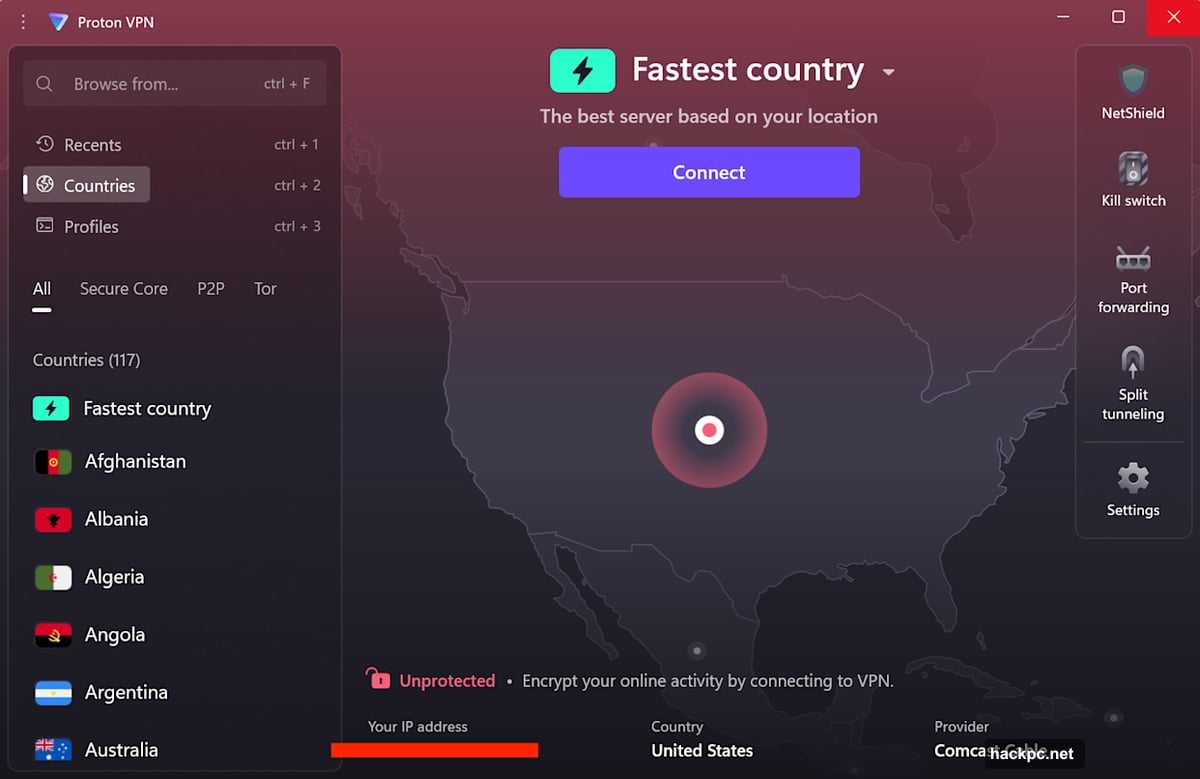
Why Speed Drops When Using VPNs
Encryption takes processing power. Plus, your data travels farther when routing through VPN servers. So yes, VPNs slow things down slightly.
The best services minimize this impact. Still, you’ll notice higher latency when connecting to distant servers. A VPN in Japan won’t feel as snappy as one in your own country.
But the tradeoff usually makes sense. The slowdown beats having your internet provider throttle your speeds based on what you’re doing. Or getting hacked on public Wi-Fi. Or missing out on foreign streaming content.
Anonymity Tops the Benefits List
Your ISP knows everything about your online life. The Federal Trade Commission confirmed in 2021 that nearly every provider profits from selling your browsing data. They charge you for internet access, then make you the product.
A VPN flips this script. Since you connect to the VPN before your ISP sees anything, they can’t track your activities. Websites can’t identify you either. Everyone just sees the VPN server.
This matters more than you might think. Your IP address reveals your real location plus tons of personal details. Advertisers, hackers, and governments can all exploit this information. A VPN hides it completely.
Bypassing Speed Throttling
ISPs sometimes slow down users they think consume too much bandwidth. Fair or not, this can happen to you.
Here’s where VPNs help. Since your provider can’t see what you’re doing, they can’t single you out for throttling. The catch? You still max out at your normal unprotected speed. VPNs don’t make internet faster overall.
But avoiding artificial slowdowns feels like a speed boost when it happens. And that’s worth something.
Public Wi-Fi Becomes Safer
Open Wi-Fi networks in cafes and hotels are hacker playgrounds. Criminals can spy on your activities through network vulnerabilities. Or they set up fake networks called rogue hotspots to capture your login credentials.
VPNs shut this down. Your encrypted connection blocks anyone trying to intercept your data. Even on completely unsecured networks, you stay protected.
Just remember to connect the VPN before joining public Wi-Fi. Not after.
Location Changing Unlocks Blocked Content
IP addresses tie to specific locations. Governments and networks use this to restrict internet access. Your school might block social media. China blocks thousands of websites. Streaming services limit shows by country.
But VPNs let you appear somewhere else. Connect to a server outside the restricted zone and firewalls can’t identify where you’re really browsing from.
This works for entertainment too. Want to watch BBC shows in the US? Connect through a UK server. Following a sports team that blacks out local games? Pick a server in another state.
Countries with strict censorship make this tricky though. China, Russia, and similar regimes often detect and block VPN traffic. Some VPNs work better than others in these situations.
VPNs Don’t Replace Common Sense
A VPN stops people from spying on you without consent. But it can’t protect you from yourself.
Falling for phishing emails? Still possible. Downloading malware? Yep. Using weak passwords? Absolutely. Getting your phone stolen? A VPN won’t help there either.
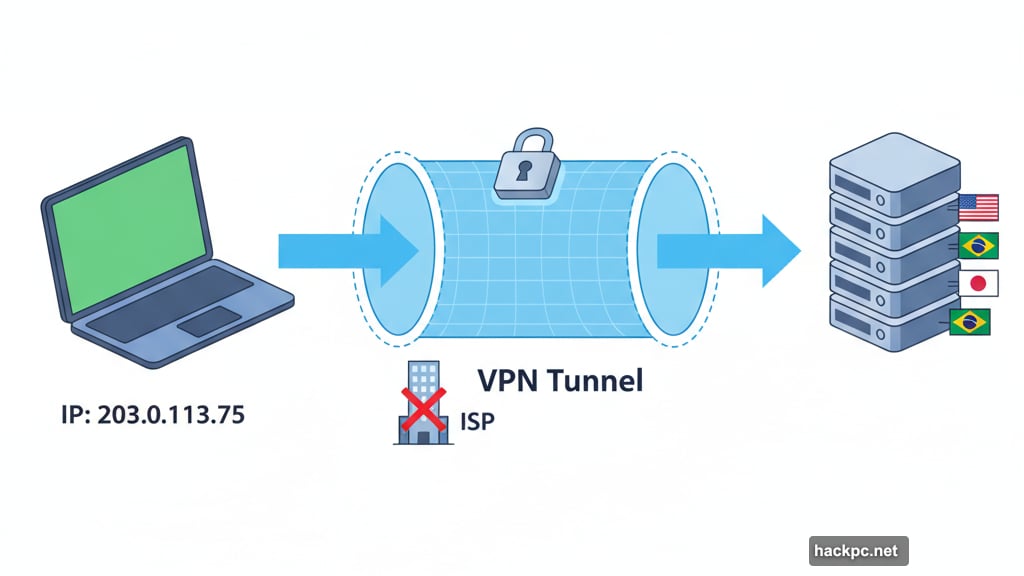
Think of VPNs as one tool in your security kit. You still need a password manager, antivirus software, and two-factor authentication. Plus basic awareness of common scams.
The key difference: VPNs prevent passive surveillance. They don’t stop active attacks that trick you into giving up information.
Trusting VPN Providers
Here’s the uncomfortable truth. Your VPN sees everything you do online. They claim not to log your activities, but some VPNs lie about this.
How do you know which ones to trust? Look at their history. Services like Private Internet Access and Proton VPN have been raided by law enforcement who found zero logs. That’s powerful evidence they practice what they preach.
Technical measures matter too. RAM-only servers automatically delete data when powered off. Full-disk encryption makes logs unreadable even if they existed. Independent security audits verify these claims.
Bottom line: Research your VPN provider thoroughly. Read their privacy policy carefully. Check whether they’ve ever mishandled customer data or faced lawsuits for privacy violations.
Legal Status Varies Worldwide
VPNs are legal in every free country. The US, UK, Canada, Australia, most of Europe—all allow VPN use without restrictions.
Authoritarian regimes tell a different story. Belarus, Iraq, Myanmar, North Korea, and Turkmenistan ban VPNs entirely. China, Russia, UAE, Iran, Oman, and Uganda only permit government-approved services. Those approved VPNs usually contain backdoors.
India requires VPNs to log user activities, prompting many services to pull their servers from the country. Turkey and Pakistan heavily restrict VPN usage without outright bans. Egypt allows VPNs but adds extra penalties if you use them for crimes.
And remember: VPNs don’t make illegal activities legal. If something’s forbidden without a VPN, it remains forbidden with one.
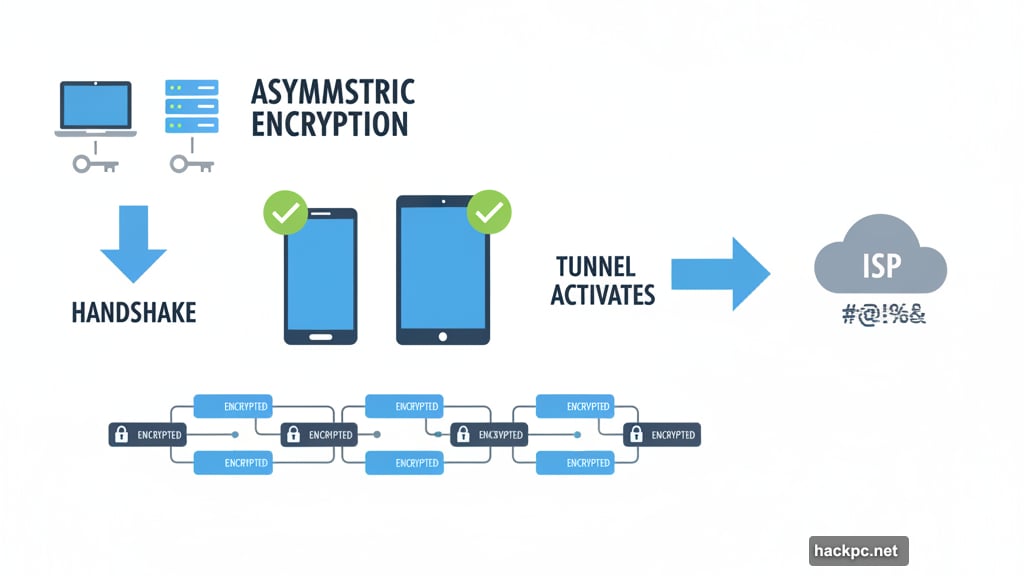
Free VPNs Carry Serious Risks
Many free VPNs either don’t work, track you for ad money, or install malware on your device. App stores rarely verify them before listing. Plus, tons of sketchy free VPNs are secretly run by the same shady companies.
The best free options come from paid services offering limited free tiers. Proton VPN, hide.me, Windscribe, TunnelBear, and PrivadoVPN all use subscription revenue to support free users. So they don’t need to sell your data.
These free plans restrict you somehow though. Maybe monthly data caps, slower speeds, or limited server access. Still, they’re infinitely safer than random free VPNs promising unlimited everything.
Who Actually Needs a VPN
Ask yourself these questions. If you answer yes to any, consider subscribing to a VPN.
Do you care whether your ISP profits from your browsing data? Do you live under restrictive internet laws? Do you often use public Wi-Fi? Have you noticed your internet provider throttling your speeds?
Want to watch streaming content from other countries? Need to organize activism online where governments monitor internet use? Concerned about doxxing or DDoS attacks while gaming?
Different VPNs excel at different tasks. Proton VPN balances speed, design, and anonymity beautifully. ExpressVPN offers fantastic ease of use if you’re willing to pay premium prices. Surfshark delivers top-tier speeds, while NordVPN packs in useful features.
Most people will benefit from a VPN somehow. The question isn’t whether you need one. It’s which one fits your specific situation.
Your internet provider makes money from spying on you. They charge for access, then sell your data as a bonus revenue stream. A VPN stops this exploitation cold while adding layers of security and freedom you didn’t have before.
So pick a reputable service, turn it on, and browse knowing you’re actually private again. That’s worth the small speed tradeoff any day.
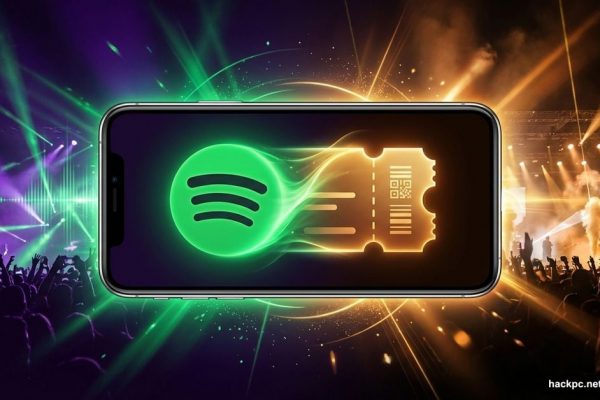
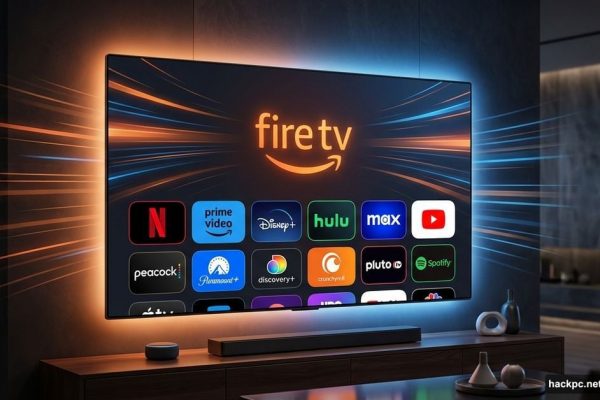
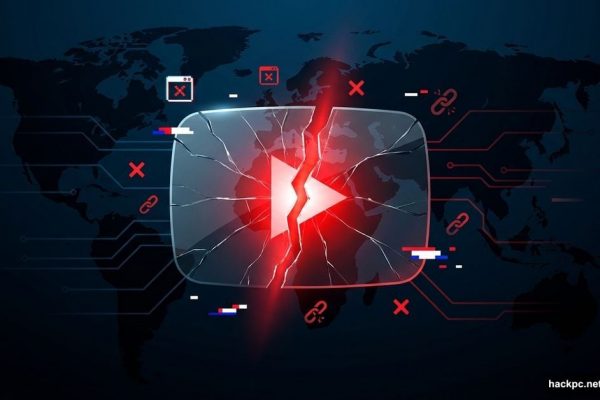
Comments (0)